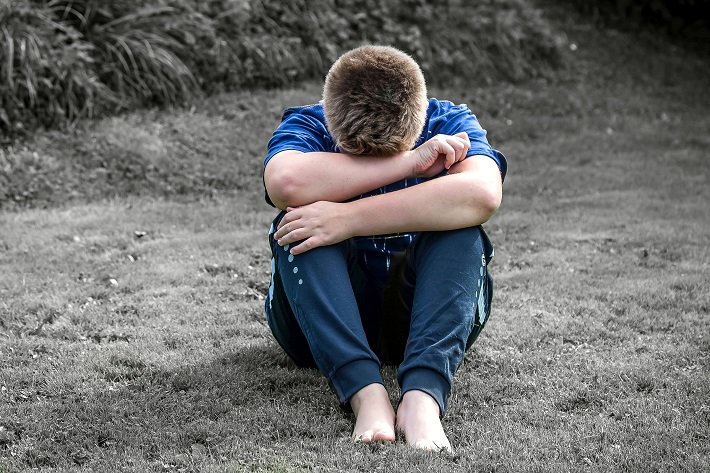 By Joyce Coronel
By Joyce Coronel
It’s the kind of letter principals dread sending.
Nate Kleve, principal of Corona del Sol High School, wrote just such a letter Nov. 8, informing parents that a young man, a sophomore at the school, died by suicide.
“Our hearts are grieving,” Kleve wrote. “We know this event will have a profound effect on everyone who knew this young man but we also know that every student on the Corona campus will be touched in some way by this news.”
Kleve’s letter went on to state that counselors will be working with students following the tragic news. “A student death by suicide also increases exponentially the chances of another suicide,” the letter read.
The heartbreaking news of the student death came less than 48 hours after a well-attended town hall meeting sponsored by the Tempe Union High School District that addressed suicide awareness and prevention. A spate of suicides in the East Valley has ended the lives of 10 young people since the start of the school year.
Natalia Chimbo-Andrade of Community Bridges, a behavioral health agency, is trained in suicide prevention and education and spoke at the town hall. Although awareness of suicide has grown recently, she said, the numbers of young people ending their lives is increasing.
According to the Arizona Department of Health Services, there were 47 suicides among children in Arizona in 2015, accounting for six percent of all child deaths. This was a 26 percent increase from 2014 and an 81 percent increase since 2009. Chimbo-Andrade said that during 2016, the youngest person reported to have died by suicide was a 9-year-old child.
Such heartrending statistics beg the question, why—why would a young person who has tasted so little of life die by suicide?
“I get that question a lot,” Chimbo-Andrade said. “Everyone wants to know.”
The answer isn’t so clear. Multiple factors are usually involved, she said. Those include factors like depression, whether diagnosed or not; personal history; environment; stressors; bullying; past trauma; substance abuse and more.
Another point to consider is that the teenage brain is not fully developed. In other words, teenagers can act impulsively. Combine that impulsivity with the multiplicity of factors listed above and you have a recipe for disaster.
“They feel like they don’t matter,” Chimbo-Andrade said. “Or they are not getting the support that is needed. Then their thinking becomes really limited where they feel like the only choice they have is death.”
That is why, she added, it’s so crucial for the community at large to recognize the warning signs.
“We can’t chalk it up as normal teenage behavior if we feel like something is wrong with our teens,” Chimbo-Andrade said. Asking, “Are you having thoughts of suicide?” is a tough question to ask, but it can save a life.
“As a parent and as a loved one we are horrified because we don’t want them to say yes,” Chimbo-Andrade said. “But it’s a good thing that they said yes because that is the first step to getting help. They are not in denial. It’s not a secret anymore.”
Basically, if someone asks, it shows that they care and are not afraid to talk about it. When she goes out to train people in the community about suicide prevention, she tells them to ask directly: Is suicide on the table?
“We’re scared thinking about it but the importance of asking directly could save a life,” Chimbo-Andrade said. “There could be silence, and within the silence there’s an answer. They might be afraid to say yes because they don’t want to hurt someone.
“It might be very hard for a teen to say yes to a parent but it might be easier to yes to a teacher or a mentor or a counselor.”
What’s the best thing to say to your teenager when a letter comes home telling of a classmate’s suicide?
“If it was my child and I got that letter—I’m a mother myself,” she said, choking back tears. “I’m also a suicide survivor and I lost a family member to suicide.”
“I would hug my daughter and tell her, ‘I love you. You’re important. You matter. And I’m here if you just want to talk.’”

